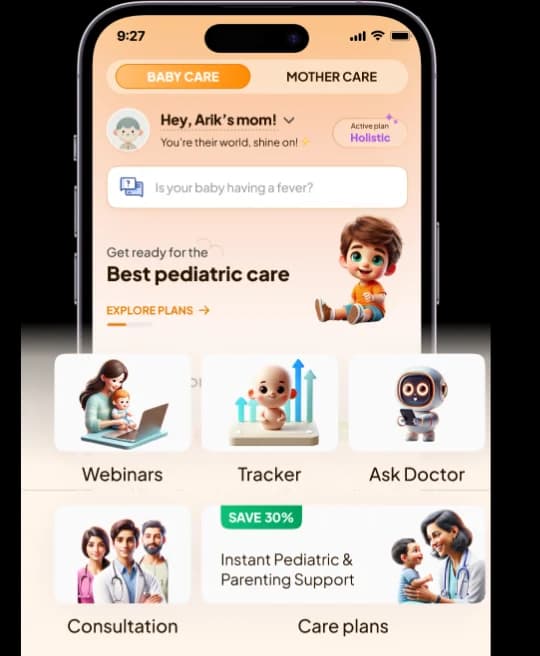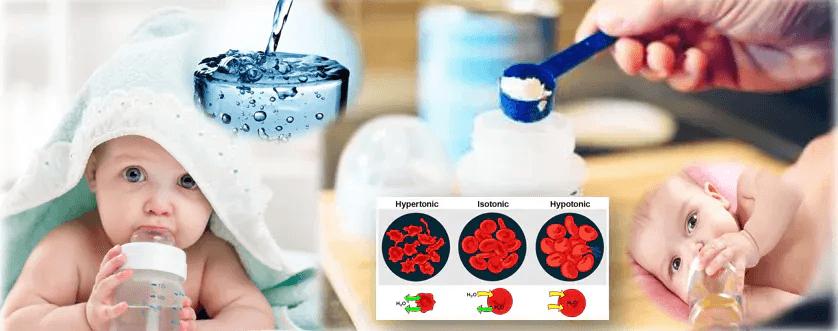
Parents of diabetic children often worry about their child experiencing low blood sugar levels, also known as hypoglycemia. Managing hypoglycemia can be a challenge, but there are tips and strategies that parents can use to help keep their child safe and healthy.
Here are Some Tips to Managing Hypoglycemia in Diabetic Children:
- Follow the prescribed diabetes treatment plan:
Make sure your child eats snacks as needed to maintain healthy blood sugar levels. The plan will outline when to eat and what to eat.
The plan will tell you when to eat what and when not to eat what:
- Doses of insulin
- Exercise
- Checking blood sugar levels
- Eat your meals and snacks on time. Even a 30-minute delay can cause hypoglycemia.
- Monitor insulin doses:
Ensure the correct dose of insulin is prepared and administered, and seek close supervision for younger children. Consult with the diabetes care team if blood sugar levels are consistently low at the same time of day.
- Keep a regular meal schedule:
Eat meals and snacks on time, as even a 30-minute delay can cause hypoglycemia.
- Keep sugar on hand:
If your child develops symptoms of low blood sugar, give them something sweet right away, such as orange juice, milk, cake icing, or hard candy.
- Monitor blood sugar levels during exercise:
Check and adjust your child’s blood sugar levels before and during exercise.
- Teach your child to recognize symptoms of low blood sugar:
Assist your child in understanding the signs and symptoms of low blood sugar and what to do if they occur.





